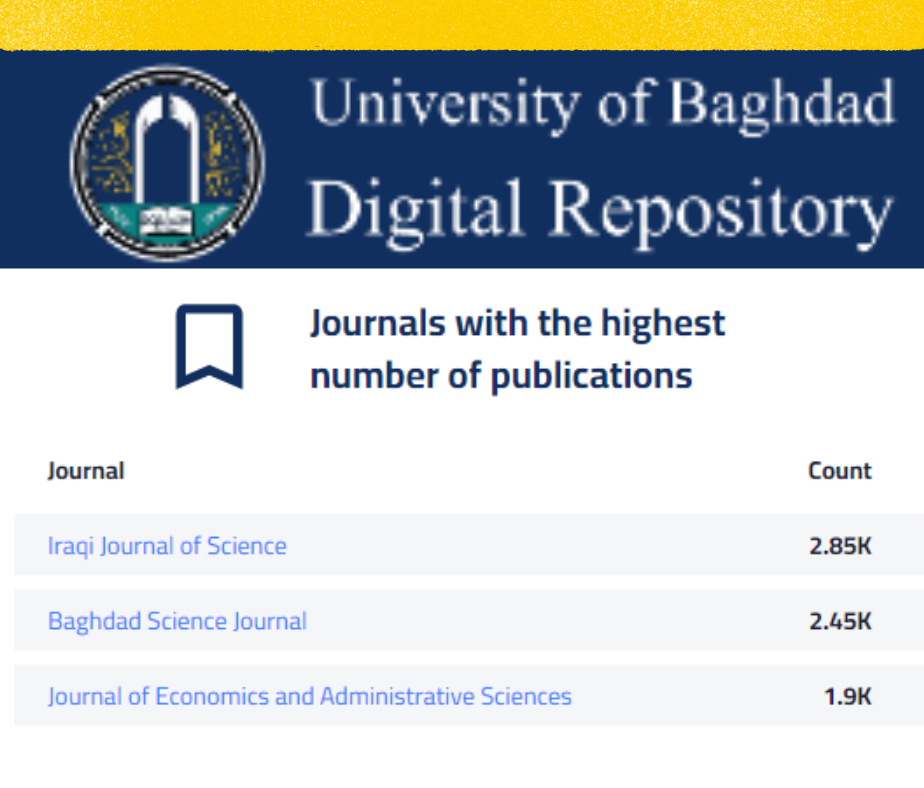Privatization Thesis and its trends in Iraq after 2003
DOI:
https://doi.org/10.33095/jeas.v21i84.705Keywords:
/ اطروحة الخصخصة, Privatization ThesisAbstract
The concept of privatization is built on the basis of the transfer of assets and services of the public sector to the private sector this concept has appeared in the eighties of the last century whene the high oil prices took place and recession solution swept the world Which called for the freedom of the market and left the room for the private sector to take the initiatine in economic activity. Both the IMF have adopted this thesis in their programs of the structural adjustment in light of external and internal factors helped to Create the conditions to accept thesis that under the pretext of achieving a number of economic goals.
In Iraq in spite of the dominance of the privatization concpt on the Political speaches and the Media what has been achieved on the ground is completely opposite where the public sector still dominate the economic activities spported with the oil as the main exportes. the production Services episodes despite their weakness and decreases of its efficiency have been a subsidiary of the public sector.
This means that the privatization thesis has no baseis in Iraq realite and the privt sector and its relatine contripution has been mentioned only in the Political speaches without any real and tangible presence except for marginall importstrad
Downloads
Published
Issue
Section
License
Articles submitted to the journal should not have been published before in their current or substantially similar form, or be under consideration for publication with another journal. Please see JEAS originality guidelines for details. Use this in conjunction with the points below about references, before submission i.e. always attribute clearly using either indented text or quote marks as well as making use of the preferred Harvard style of formatting. Authors submitting articles for publication warrant that the work is not an infringement of any existing copyright and will indemnify the publisher against any breach of such warranty. For ease of dissemination and to ensure proper policing of use, papers and contributions become the legal copyright of the publisher unless otherwise agreed.
The editor may make use of Turnitin software for checking the originality of submissions received.













 How to use the OJS system
How to use the OJS system 










